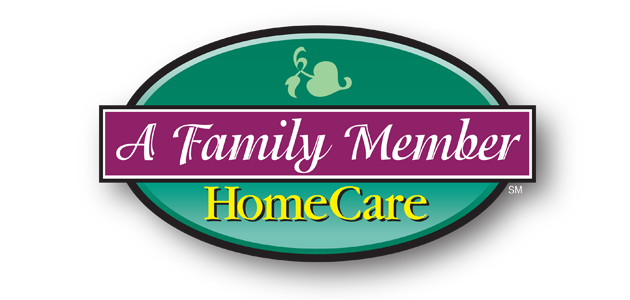
We all quarrel with reality from time to time and wish things were different than they are. Especially now, when life seems unfair. All flights have been cancelled due to the coronavirus and you won’t be able to be with your Dad on his 80th birthday…. Your mom is in an assisted living facility that is not allowing visitors….
While anger, grief and distress are completely natural responses, harboring such feelings does nothing to improve the situation. In fact, it perpetuates emotional suffering for you.
Although you can’t change these events, dialectical behavioral therapy (DBT) posits that your self-talk—your internal “story” about them—is where you have options to ease the strain in your life.
Don’t fight reality. By “radically” and unconditionally accepting life as it is—on its own terms, with no blame, anger, or resentment—you can shed a layer of tumult. It’s natural to think, “This shouldn’t be happening!” Without acceptance of what is, however, you’re in an endless and exhausting battle with reality, pushing the rock uphill when gravity clearly prefers it stay in the valley. Instead, try dropping any “shoulda, woulda coulda” thinking. Refocus your self-talk on the present, what is now and real.
Practice accepting self-talk.
- “I don’t like this but it is the truth of my situation.”
- “I am (sad/mad/frustrated) about this … but it is not something I can change.”
- “I accept that my life (or situation X) is what it is.”
You’ve probably done this before. We daily practice acceptance of little things, such as yielding to the fact of a traffic jam. And likely you have done it—eventually—for big things, too, like a breakup you may not have wanted.
When acceptance is not healthy
If you are in an abusive or unsafe situation, work toward change—not acceptance. Seek guidance from a counselor if you are uncertain.



